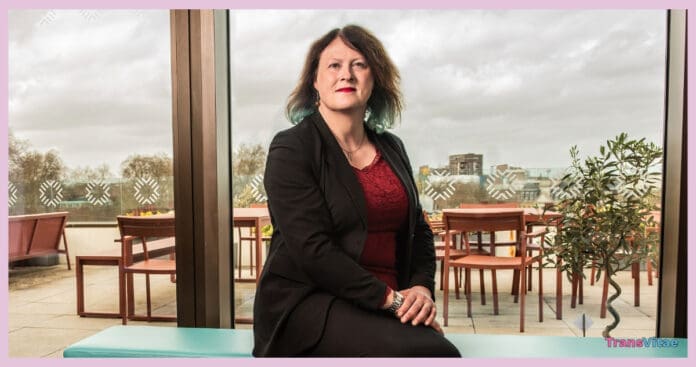In a recent move, Dr. Victoria McCloud, Britain’s first openly transgender judge, has formally lodged an appeal with the European Court of Human Rights (ECHR). She is challenging the April ruling of the UK Supreme Court that restricts the legal definition of “woman” exclusively to biological sex under the Equality Act 2010.
Dr. McCloud, who stepped down from the bench in April 2024 citing her inability to continue serving with dignity in a climate hostile to her identity, argues that her Article 6 rights were violated. She says she was denied the opportunity to intervene in the case and submit evidence. Her legal team includes Oscar Davies, the UK’s first openly non-binary barrister, and Olivia Campbell-Cavendish, founder of the Trans Legal Clinic and the UK’s first Black trans lawyer. Together they represent a historic, trans-led legal front.
The April Supreme Court judgment unanimously determined that terms such as “woman,” “man,” and “sex” under the Equality Act must refer strictly to biological sex assigned at birth. This interpretation excludes transgender individuals even if they hold a Gender Recognition Certificate. Human rights advocates warn this decision undermines trans inclusion across public services, sports, healthcare, and single-sex facilities.
Dr. McCloud’s appeal highlights how the ruling strips legal safeguards and visibility from trans people. For her, this effort is not only legal but also deeply personal. As she explained in June, the decision pushes the UK toward parity with nations that criminalize trans status. She insists representation is not a luxury but a necessity: “There must be no more conversations about us, without us.”
The fallout is already widespread. Pro-LGBTQ+ organizations like Stonewall and Scottish Trans are sounding alarms, while public bodies await updated guidance from the Equality and Human Rights Commission (EHRC). Interim advice suggests that trans people should use facilities matching their biological sex, though gender-neutral options remain encouraged.
Meanwhile, For Women Scotland, whose legal challenge brought the case, has sued the Scottish government over continued use of self-identification policies. The group claims the government has flouted the court’s biological-sex ruling in spaces including schools and prisons.
Dr. McCloud’s appeal carries weight not only in legal terms but also socially. This is the first time a trans-led legal team is spearheading a transgender rights case at this level in the UK. The case underscores a crucial principle for the trans community and for the movement toward equitable representation: without trans voices in the room, rights can vanish under the guise of legal semantics.
As this ECHR case unfolds, it represents a defining moment not just for one individual but for the trans community’s fight for recognition, dignity, and protection under the law.


